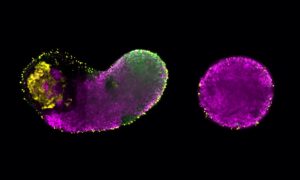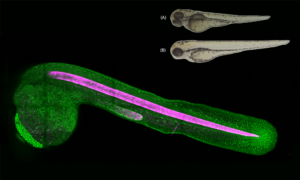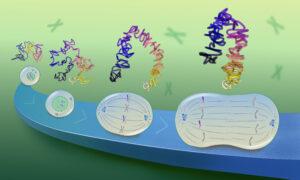
ATP affects proteome-wide solubility
Scientists develop technology to measure how ATP concentration affects protein solubility in cells

A collaboration between EMBL Heidelberg’s Savitski team and GSK’s Cellzome has developed a new technology to study how the concentration of a molecule affects the solubility of individual proteins on a proteome-wide scale. In their paper, published in Nature Communications, Sindhuja Sridharan, Nils Kurzawa and colleagues used Solubility Proteome Profiling (SPP) to show that adenosine triphosphate (ATP) affects the solubility of at least 25% of the solubility-transitioning proteins in mammalian cells.
ATP performs diverse biological roles, most famously as the cell’s primary energy source. However, the lack of system-wide studies in realistic conditions limits our knowledge of many of its other functions. To help address this, the team has provided a quantitative, proteome-wide insight into how ATP affects protein structure and solubility across the range of concentrations seen in cells.
They discovered that ATP preferentially affects the solubility of proteins that are positively charged, naturally disordered, nucleic acid-binding and part of membraneless organelles. The susceptibility of a protein to solubilise depends on its localisation to the different types of these organelles. These findings provide the first clues to how common metabolites, like ATP, affect cellular function and organisation.
SPP uses mass spectrometry to determine the effect of a molecule’s concentration on the solubility of individual proteins on a proteome-wide scale. In future studies, SPP could be used to measure how drugs affect protein solubility. This would allow scientists to assess the effectiveness of drugs that aim to dissolve protein aggregates – clumps of mis-folded proteins that are associated with diseases such as Alzheimer’s or Parkinson’s.


